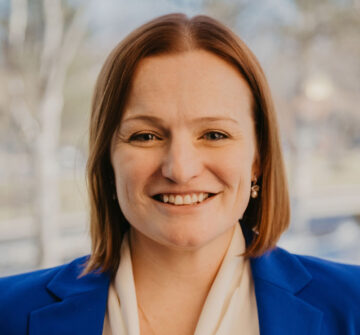Overview
In Massachusetts, significant health care affordability challenges persist. The Massachusetts Life Sciences Center (MLSC), in collaboration with the Division of Insurance (DOI) and the Executive Office of Economic Development (EOED), is issuing this Request for Information (RFI) from stakeholders regarding innovative approaches to managing high-risk claimants within the Commonwealth’s unique merged health insurance market. The objective is to explore models that facilitate early intervention and high-quality care for high-risk individuals while achieving premium reductions for the broader merged market risk pool.
Driven by the foundational principles of health care affordability and equity, the primary goals of this RFI are to:
- Evaluate high-risk claimant management mechanisms (e.g., reinsurance, risk-pooling) suitable for the Massachusetts merged market, including, e.g., exploring potential long-term funding mechanisms that ensure high-quality patient care and meaningful premium relief for the remainder of the merged market.
- Identify innovative models for the reimbursement and funding of early intervention and care management for high-risk claimants.
- Assess potential cost savings for the remaining patients within the merged market risk pool upon separating out and reinsuring high-risk claimants.
- Understand barriers to implementation and necessary changes to address them.
Key Focus Areas
- Proposed Models for High-Risk Claimant Management
- Funding Mechanisms
- Patient Protection and Care Management
- Financial and Cost Savings Analyses
- Implementation Considerations
Request for Information
The MLSC is committed to enhancing health equity across Massachusetts and increasing visibility of the ecosystem, including providers, payers, patients, innovators, and other industry and actuarial stakeholders who may support and advance our mission to close the health care divide. There is a unique opportunity to leverage the state’s health care and life sciences ecosystems with the Life Sciences 3.0 initiative that was passed with the Mass Leads Act.
As part of its efforts, the MLSC is issuing this RFI to receive feedback and insight from market participants and any other interested parties focused on promoting important health care equity and inclusion principles. Specifically, the MLSC is soliciting ideas that principally drive at furthering equitable, accessible, and affordable health care and health care coverage.
Interested Respondents may currently operate in Massachusetts but are not required to operate exclusively in Massachusetts. Interested Respondents are encouraged to collaborate in preparing a response to the RFI, and the MLSC welcomes combined submissions from multiple stakeholders.
The objective is to improve healthcare outcomes and cost efficiencies by exploring the creation of a high-risk claimant management mechanism that supports sustainable models of care within the Commonwealth’s merged market. Key principles underlying a potential mechanism include ensuring early intervention and access to emerging technologies and therapies for high-risk enrollees, as well as promoting high-quality care investments over time.
RFI feedback may help shape possible future program initiatives at the MLSC or policy ideas within the Commonwealth.
Submission Guidelines
- Format: Responses must be submitted through the online form which can be accessed here.
- Submission and Deadline: Responses must be submitted via the online form located here. The deadline for submission has been extended until Oct. 31, 2025 at 5 p.m. ET.
- FAQs
Confidentiality
Please clearly label any proprietary information in your submission. The MLSC, DOI, and EOED will treat all submissions in accordance with applicable public records laws and their governing statutes.
Disclaimer
This RFI is for informational purposes only and does not constitute a solicitation or obligation to fund any proposals. Responses will inform the development of potential future initiatives but do not guarantee selection or funding.



